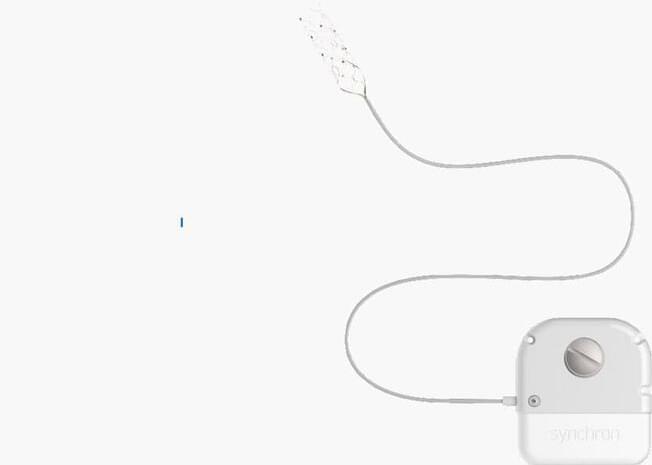Researchers who previously revived some brain cells in dead pigs succeeded in repeating the process in more organs.


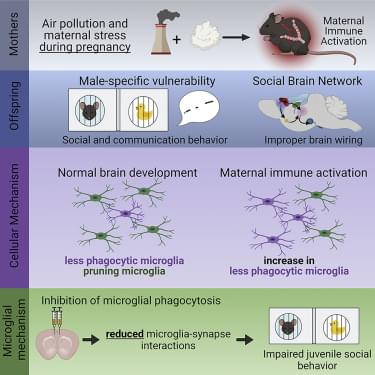
Block et al. show that combined exposure to air pollution and maternal stress during pregnancy activates the maternal immune system and induces male-specific impairments in social behavior and circuit connectivity in offspring. Cellularly, prenatal stressors diminish microglia phagocytic function,…
The serotonin hypothesis of depression is still influential. We aimed to synthesise and evaluate evidence on whether depression is associated with lowered serotonin concentration or activity in a systematic umbrella review of the principal relevant areas of research. PubMed, EMBASE and PsycINFO were searched using terms appropriate to each area of research, from their inception until December 2020. Systematic reviews, meta-analyses and large data-set analyses in the following areas were identified: serotonin and serotonin metabolite, 5-HIAA, concentrations in body fluids; serotonin 5-HT1A receptor binding; serotonin transporter (SERT) levels measured by imaging or at post-mortem; tryptophan depletion studies; SERT gene associations and SERT gene-environment interactions. Studies of depression associated with physical conditions and specific subtypes of depression (e.g.
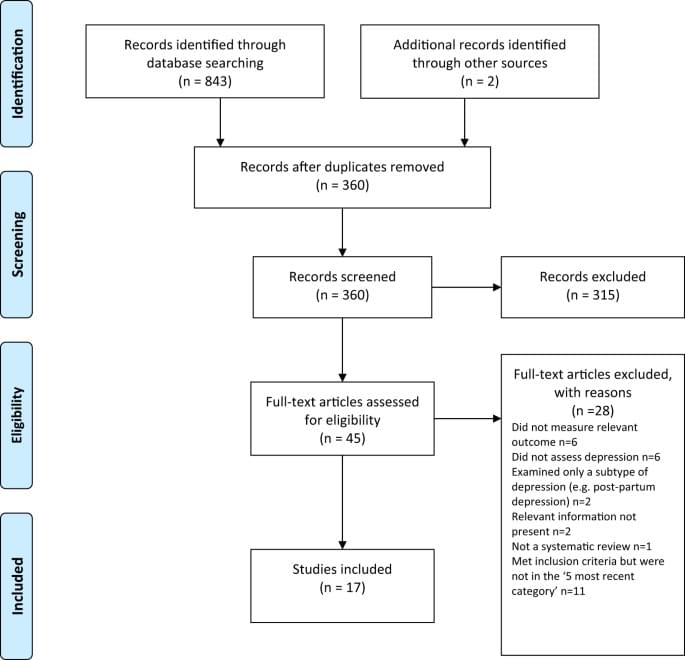
In order to cover the different areas and to manage the large volume of research that has been conducted on the serotonin system, we conducted an ‘umbrella’ review. Umbrella reviews survey existing systematic reviews and meta-analyses relevant to a research question and represent one of the highest levels of evidence synthesis available [23]. Although they are traditionally restricted to systematic reviews and meta-analyses, we aimed to identify the best evidence available. Therefore, we also included some large studies that combined data from individual studies but did not employ conventional systematic review methods, and one large genetic study. The latter used nationwide databases to capture more individuals than entire meta-analyses, so is likely to provide even more reliable evidence than syntheses of individual studies.
We first conducted a scoping review to identify areas of research consistently held to provide support for the serotonin hypothesis of depression. Six areas were identified, addressing the following questions: Serotonin and the serotonin metabolite 5-HIAA–whether there are lower levels of serotonin and 5-HIAA in body fluids in depression; Receptors — whether serotonin receptor levels are altered in people with depression; The serotonin transporter (SERT) — whether there are higher levels of the serotonin transporter in people with depression (which would lower synaptic levels of serotonin); Depletion studies — whether tryptophan depletion (which lowers available serotonin) can induce depression; SERT gene – whether there are higher levels of the serotonin transporter gene in people with depression; Whether there is an interaction between the SERT gene and stress in depression.
We searched for systematic reviews, meta-analyses, and large database studies in these six areas in PubMed, EMBASE and PsycINFO using the Healthcare Databases Advanced Search tool provided by Health Education England and NICE (National Institute for Health and Care Excellence). Searches were conducted until December 2020.
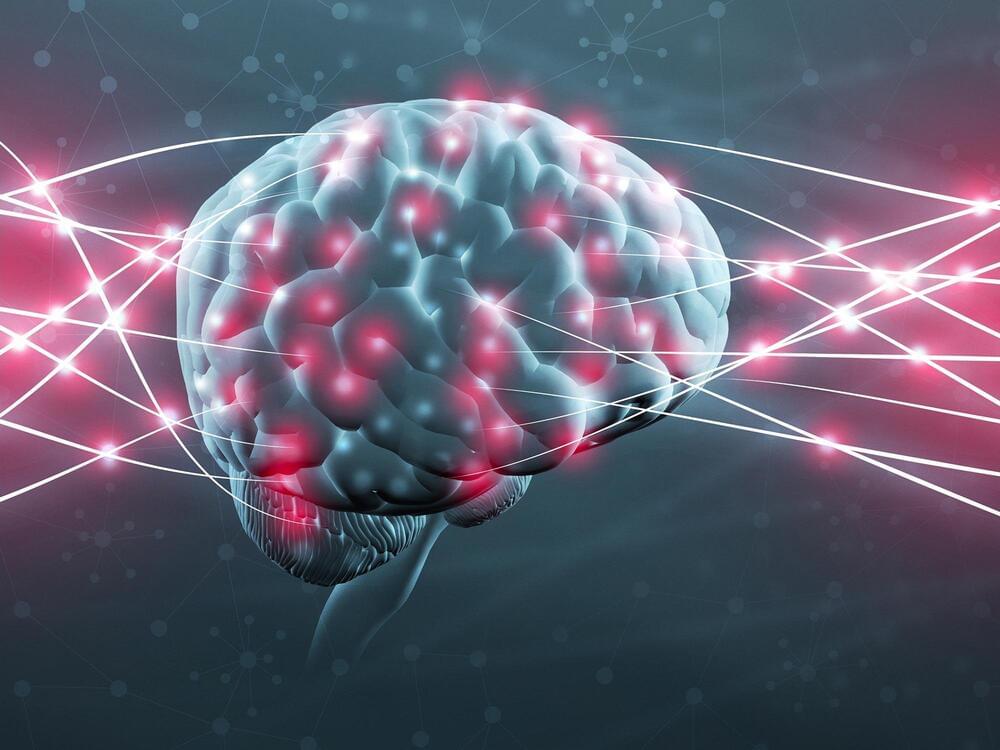
However, the research which was published in PLoS Medicine found that noise levels in the house had no effect on the results of working memory and attention tests.
Road traffic noise is a common issue in cities, but its effects on children’s health are still not fully known. According to recent research done at 38 schools in Barcelona, road noise has a negative impact on how well working memory and attention are developed in young children. The results of this investigation, which was conducted under the direction of the Barcelona Institute for Global Health (ISGlobal), a facility supported by the “la Caixa” Foundation, were released in the journal PLoS Medicine.
2,680 kids between the ages of 7 and 10 participated in the study, which was part of the BREATHE initiative and directed by researchers Maria Foraster and Jordi Sunyer. The researchers focused on attention and working memory, two skills that grow quickly throughout preadolescence and are crucial for learning and academic success, in order to gauge the potential effects of traffic noise on cognitive development.

Basically what this article says that schizophrenia is hard to pin down on the actual source of the symptoms so as of now the dsm 5 has it as a illness type but it is no longer on the dsm 5 essentially. This can relieve the stigma relating to it because it’s actually source of the disease is still not truly know. There are still medications for it but the actual source seems to be kinda unknown as it seems like other diseases aswell.
As human beings and scientists, we can think about phenomena in terms of categories and continuities. The distinction between light “particles” and “waves,” discovered by 20th-century quantum mechanics, is a case in point. Just as the particle-wave duality necessitated revisions in the understanding of the basic concepts and fundamental methods of theoretical physics, the revolution in psychiatric classification seems to bring with it the end of the fixed and fateful category of schizophrenia.
Still, most clinicians agree that some individuals do experience delusions, hallucinations, and disorganized speech that make them sound irrational. They attest that they have seen individuals who clearly exhibit disorganized or catatonic behavior, flat affect, or the failure to maintain basic self-care. Yet a growing number of psychiatrists maintain that, as a presumed disease entity, as an identifiable state, with clear subtypes, schizophrenia simply does not “exist.” Some consider schizophrenia no more than an “end stage” of other untreated mental disorders (in the same way that heart failure is the terminal stage of various heart diseases); others propose to abolish the diagnosis altogether.
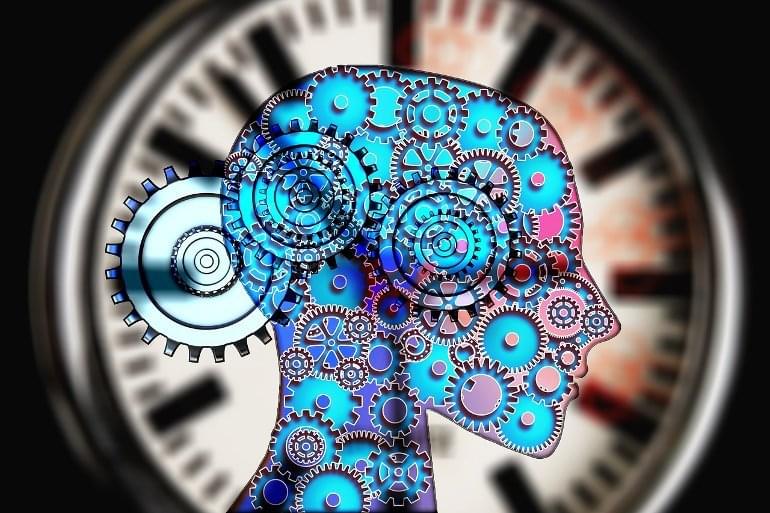
Summary: A group of hippocampal neurons show rhythmic activity at different frequencies in the desynchronized state, but can align their rhythmic frequency to produce a synchronized brain rhythm upon activation.
Source: Institute for Experimental Medicine.
In the 17th century, the Dutch scientist Christiaan Huygens hung two of his recently invented pendulum clocks on a wooden beam and observed that as time passed, the clocks aligned their beats. He reported this finding, which he called an “odd sympathy,” in 1665. Three and a half centuries later, neurons in the brain were found to sync their activities in a similar way.
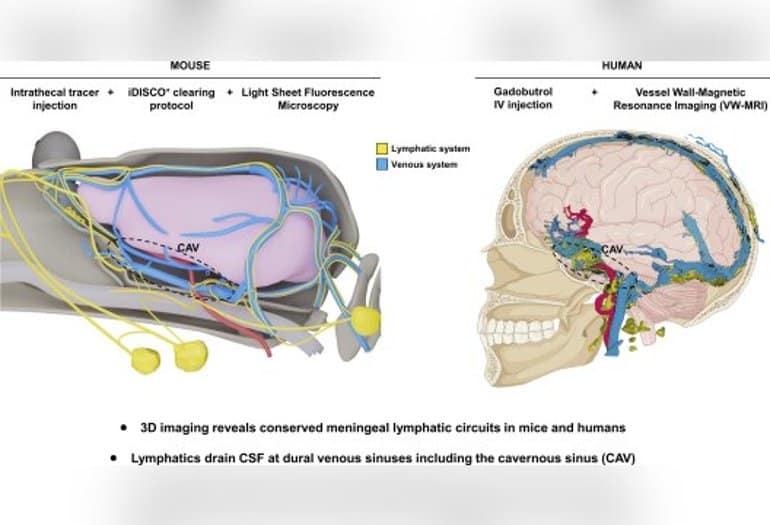
Summary: The CSF drainage pathways are similar between mice and humans, researchers discovered.
Source: Yale.
Meningeal lymphatic vessels are potential targets to treat brain diseases. Laboratories at Yale and the Paris Brain Institute (Pitié-Salpêtrière Hospital, Paris) have imaged brain drainage by meningeal lymphatics in mice and in humans.
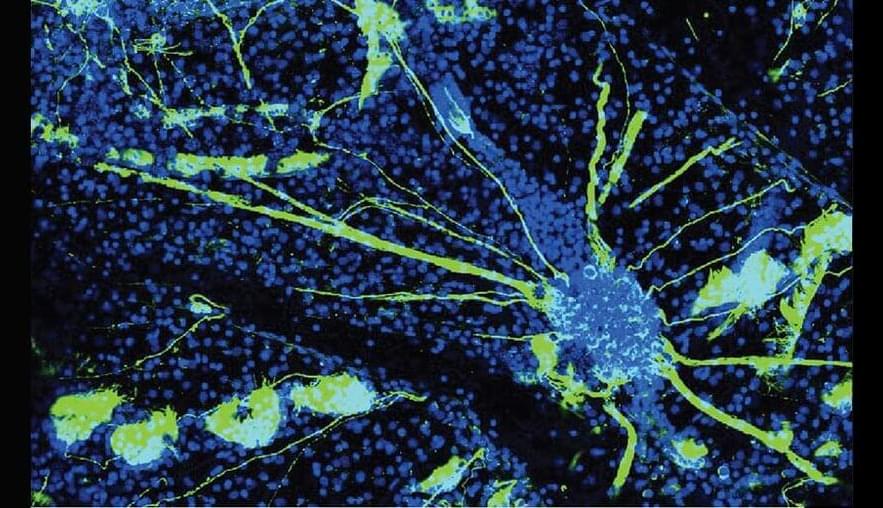
𝐖𝐡𝐚𝐭 𝐜𝐚𝐧 𝐬𝐞𝐚 𝐬𝐪𝐮𝐢𝐫𝐭𝐬 𝐭𝐞𝐥𝐥 𝐮𝐬 𝐚𝐛𝐨𝐮𝐭 𝐧𝐞𝐮𝐫𝐨𝐝𝐞𝐠𝐞𝐧𝐞𝐫𝐚𝐭𝐢𝐨𝐧?
A tiny marine creature with a strange lifestyle may provide valuable insights into human neurodegenerative disorders, such as Alzheimer’s disease, according to scientists at Stanford Medicine.
Botryllus schlosseri, also called a star tunicate, is humans’ closest evolutionary relative among invertebrates in the sea. Attached to rocks along the coast, it appears as a tiny flower-shaped organism. Star tunicates start life as little tadpole-like creatures with two brains, swimming in the ocean. But eventually they drift down from the surface, settling into a stationary life on a rock, joining a colony of other tunicates.
As the tunicate, also known as a sea squirt, adapts to its new couch-potato lifestyle, it loses brain power: One of the two brains, its use for sea navigation now obsolete, begins to dissolve. The way the invertebrate’s brain degenerates and disappears has important parallels to the way the brain degenerates in human neural disorders, said Irving Weissman, MD, director of the Institute for Stem Cell Biology and Regenerative Medicine.
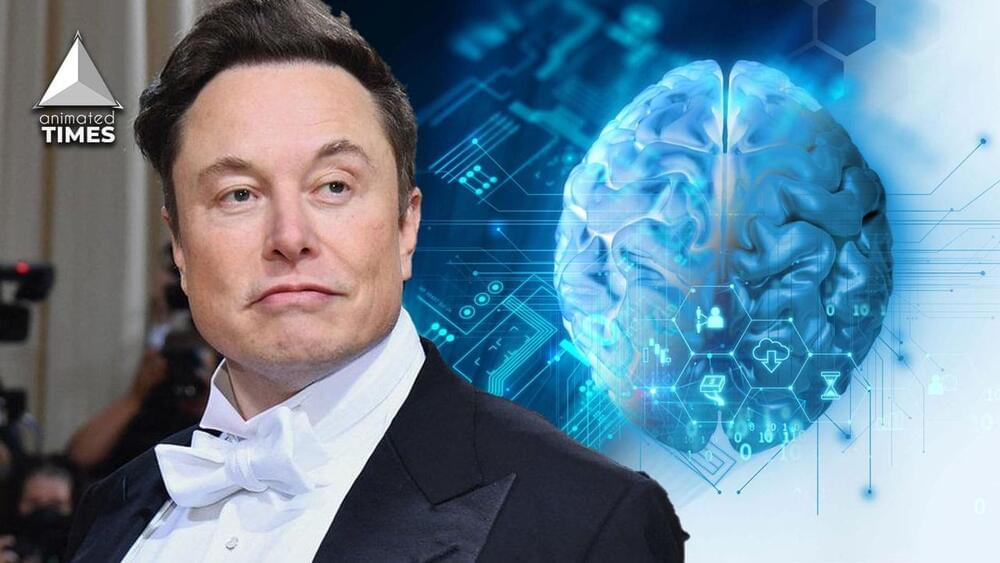
Elon Musk, often known to break the Internet by his statements or acts recently tweeted what seemed like a futuristic invention. Being one of the wealthiest people on the planet was not enough for the CEO of Tesla as he thought two of his brains would be better. One would always wonder how a brain can be transferred into a man-made machine, but with his recent tweet, Elon Musk confirmed he copied his brain to the machine and talks to his digital version.
A recent tweet by Shibetoshi Nakamoto, known as the creator of Dogecoin with an account named, @BillyM2k asked, “If you could upload your brain to the cloud, and talk to a virtual version of yourself, would you be buddies?”. In the second continuation of the tweet, the user posted, “would be cool to have a competitive game buddy of approximately the same skill level. Except he would be a computer and have infinite time so I would more just see him get better at everything while I am busy with dumb life things.”
